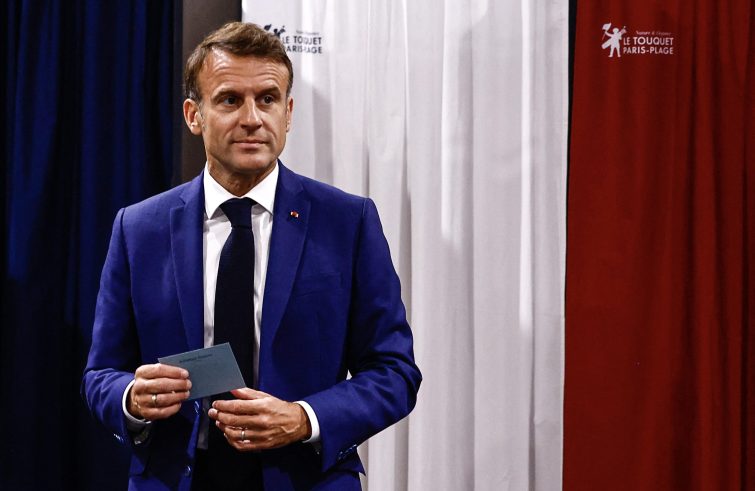
Like a thunderbolt from a clear blue sky, the votes won in the first round of the French elections by the National Rally, a far-right movement led by Jordan Bardella and presided over by Marine Le Pen (33% of the vote), were well ahead of the New Popular Front, the political alliance uniting the left-wing and the presidential camp. Some 10.6 million voters cast their ballots for a party that has been “demonised”, that has purged itself of the most hardline aspects of its identity, but that continues to draw on extreme nationalism and the constant condemnation of immigration.
To be honest, the storm had been brewing for several rounds of elections, especially since the last European elections. President Macron’s surprise dissolution of the National Assembly ignited the conflagration, which was bound to be ignited in the coming months by the motions of censure approved by the entire opposition camp or by the end-of-term presidential elections in 2027. Moreover, the increase in voter turnout (the only good news of this round!) benefited the far right.
Indeed, it is no longer taboo to vote for the National Rally.
It crossed all the boundaries of age, social class, religious belief and regional origin. Elderly voters, Catholics (although many Christian movements urged voters to reject the National Rally), residents of the West of France, who had long constituted a barrier, no longer opposed it. Either out of genuine conviction or in order to ‘test’ a political system which, in their opinion, has never been put to the test (except in the dark hours of the Second World War, but who wants to remember that?)
The second round of voting, scheduled for next Sunday, will be decisive: it will determine whether or not Jordan Bardella will win an absolute majority. Candidates are withdrawing in order to prevent the Rassemblement National from obtaining a majority. Will the so-called Republican Front, which in previous presidential elections made voters vote “by default” for a candidate whose ideas they disagreed with in order to deny Marine Le Pen access to the highest offices, work this time around? It is not certain. The fact is that the presence of France Insoumise in the left-wing alliance, the personality of its leader, Jean-Luc Mélenchon, and its radical political stance are repulsive to many right- or centre-leaning voters.
This political climate is extremely worrying
in a divided France that is in danger of becoming even more divided. There are concerns over the rights of immigrants and foreigners, concern about a Europe torn apart by political developments outside its borders, concerns about a dangerous economic programme…
France’s political institutions have failed. Many citizens feel unheard and not understood. Globalisation worries them, they see public services disappearing in rural areas, inequalities not being resolved. Some media outlets are fuelling a climate of mistrust and fear, exacerbating voter resentment. Public debates do not allow for respectful and constructive exchanges. Democracy is suffering, in France as elsewhere. We must not hand it over to those on all sides who want to exacerbate divisions.
In the run-up to the elections, the French Bishops called on all citizens to prepare for the post-second round, to “work together for the continuity and improvement of our common social life”, to “fight for justice with the instruments of fraternity and truth”, to be “agents of social friendship”. In the face of policies that threaten justice and fraternity, we have a duty to remain vigilant.
*former editor of La Croix and president of the Social Week of French Catholics


